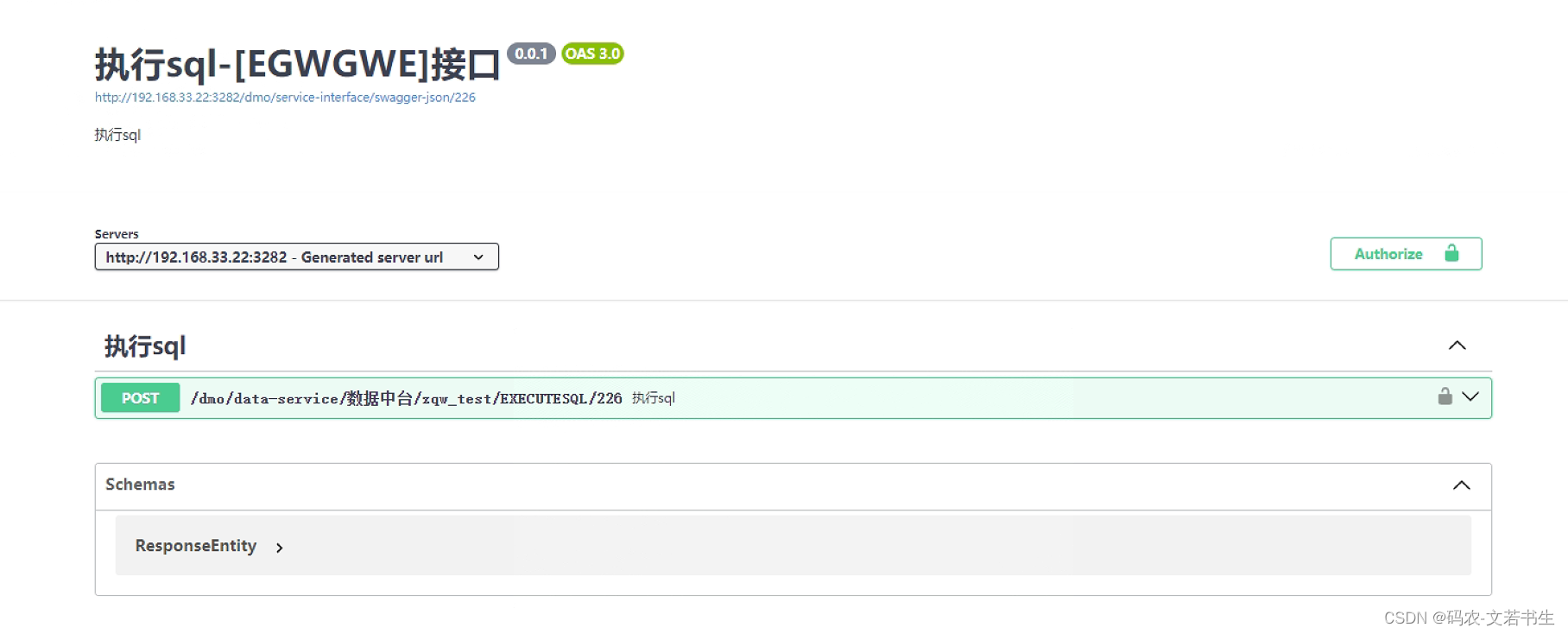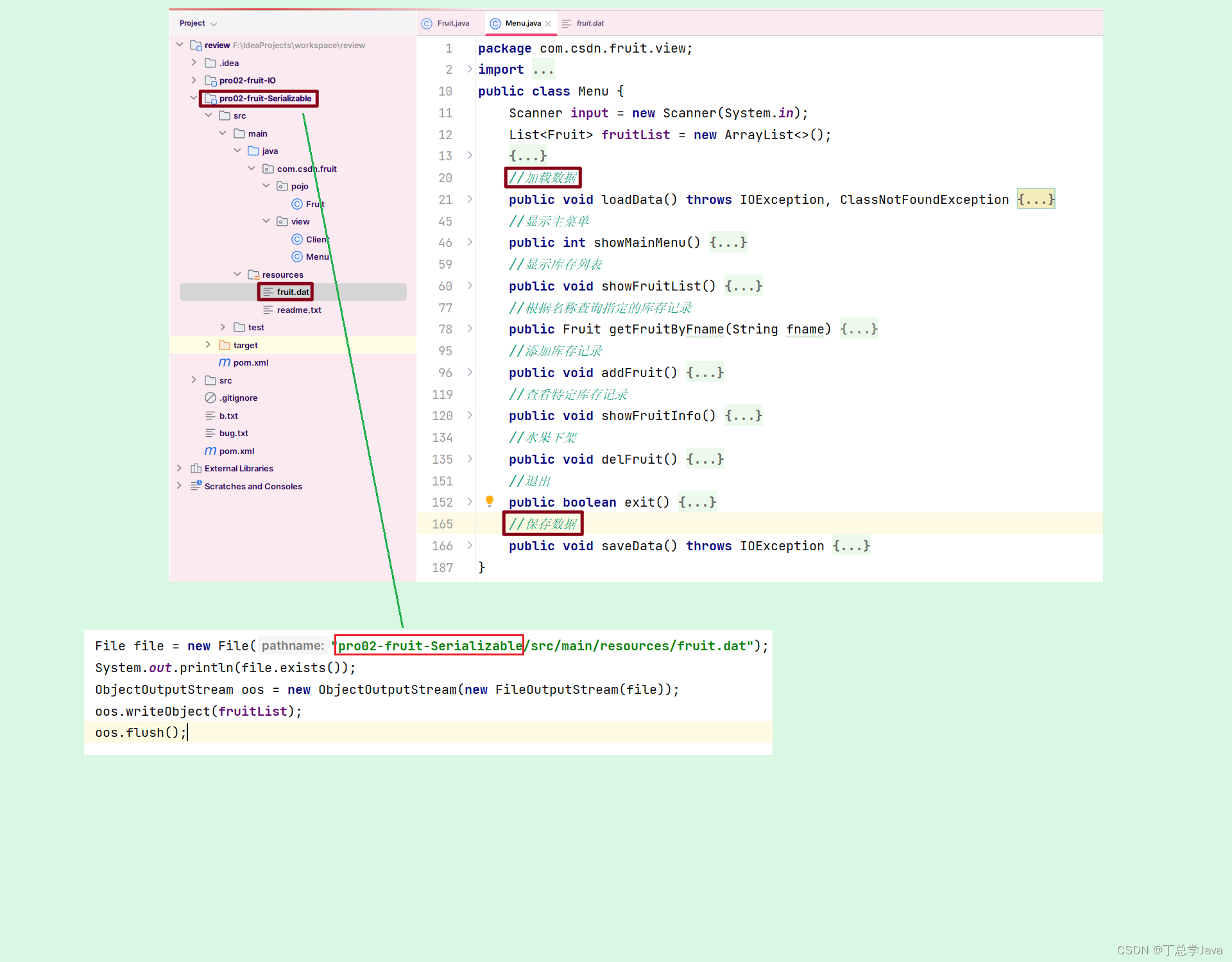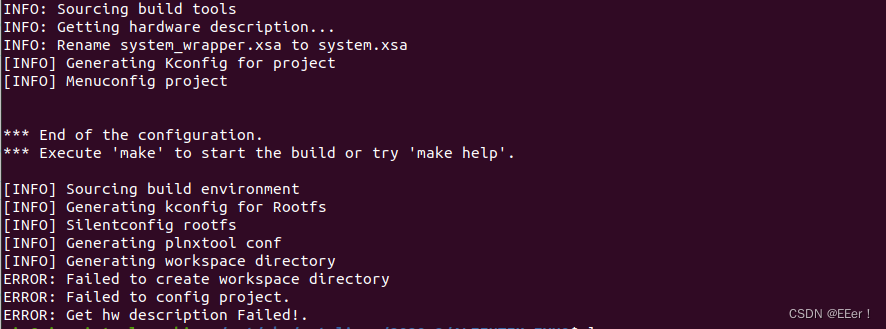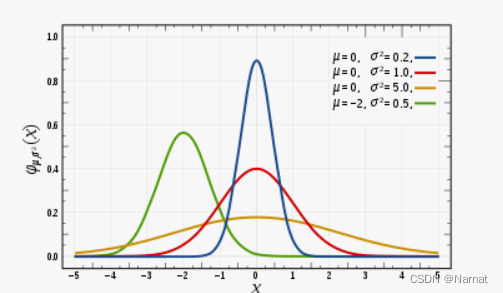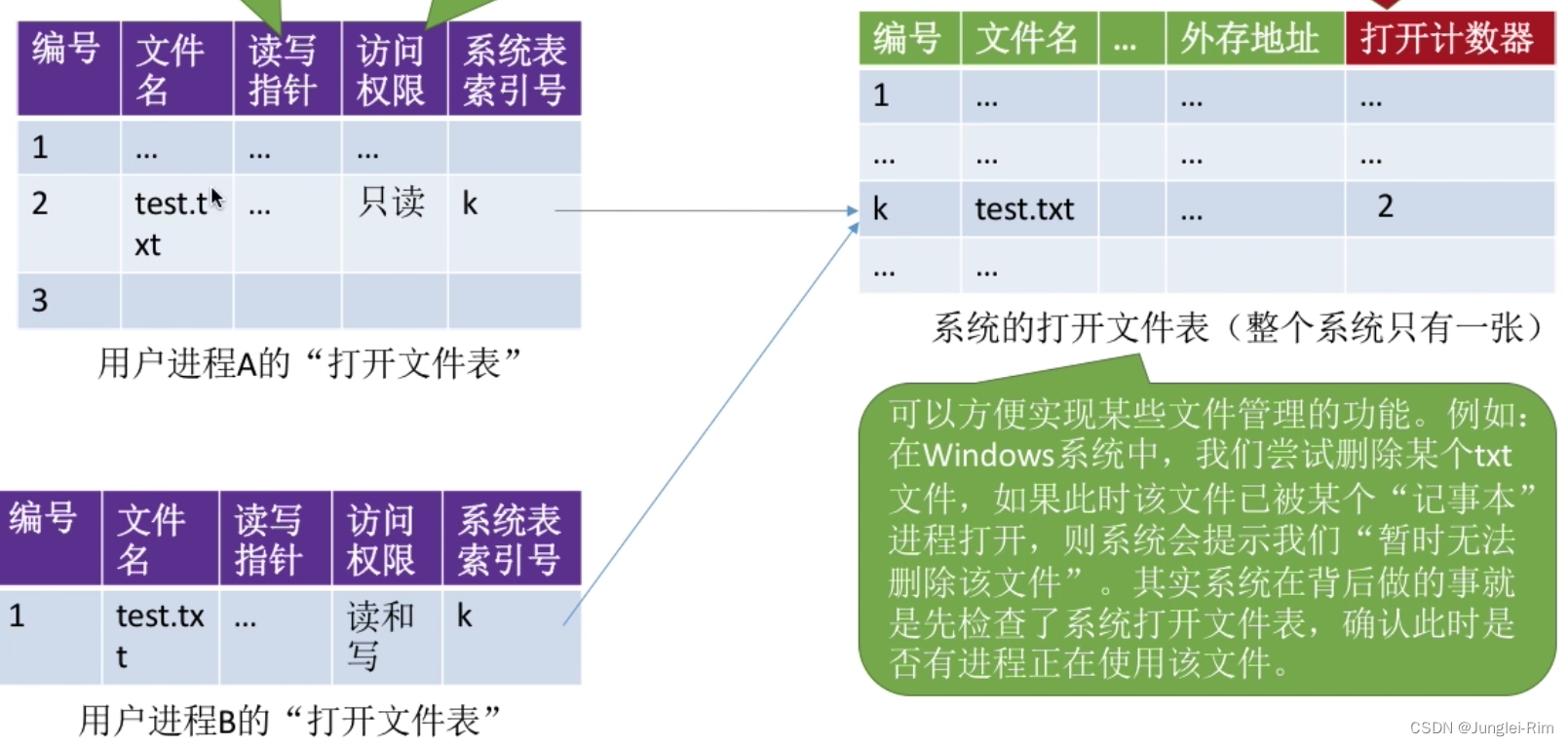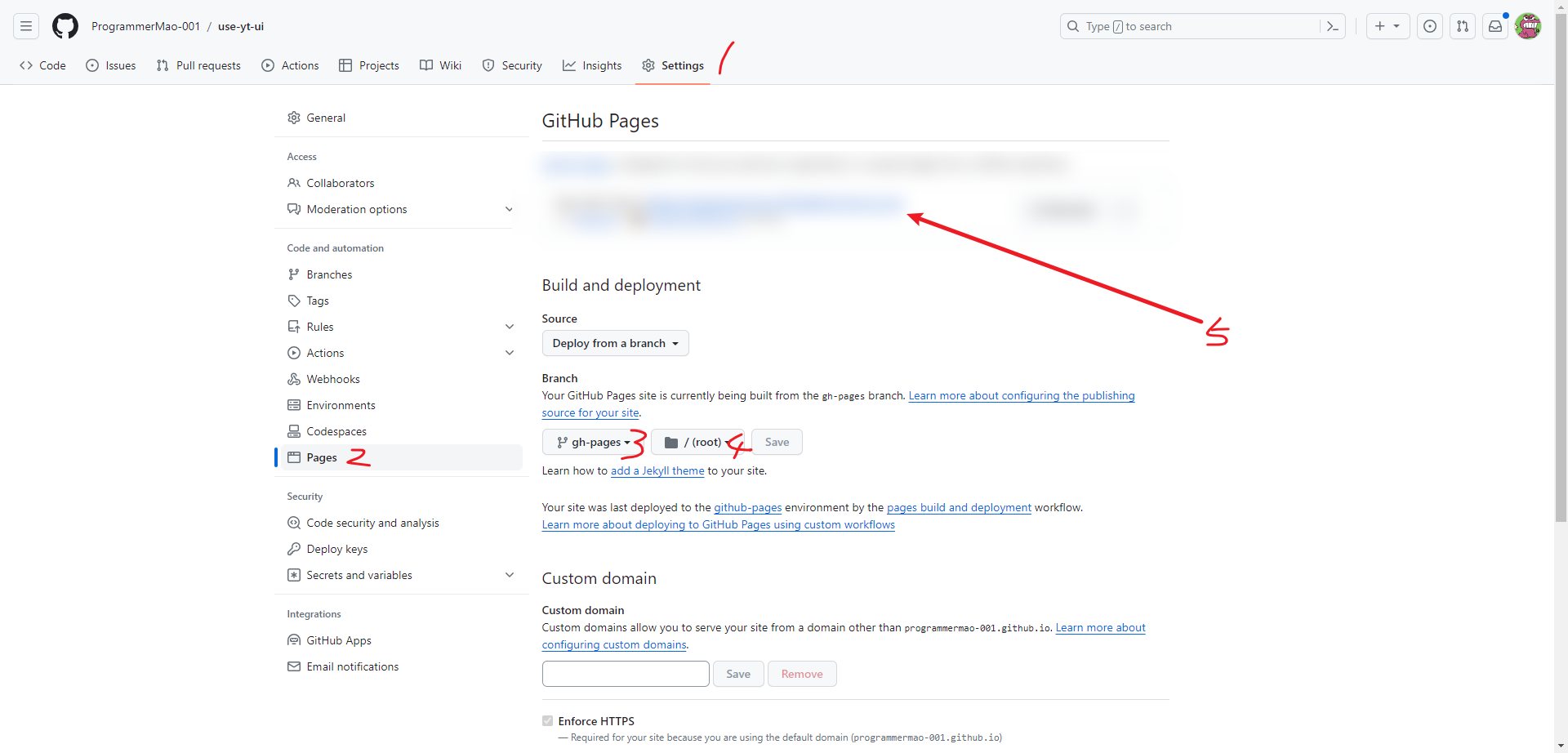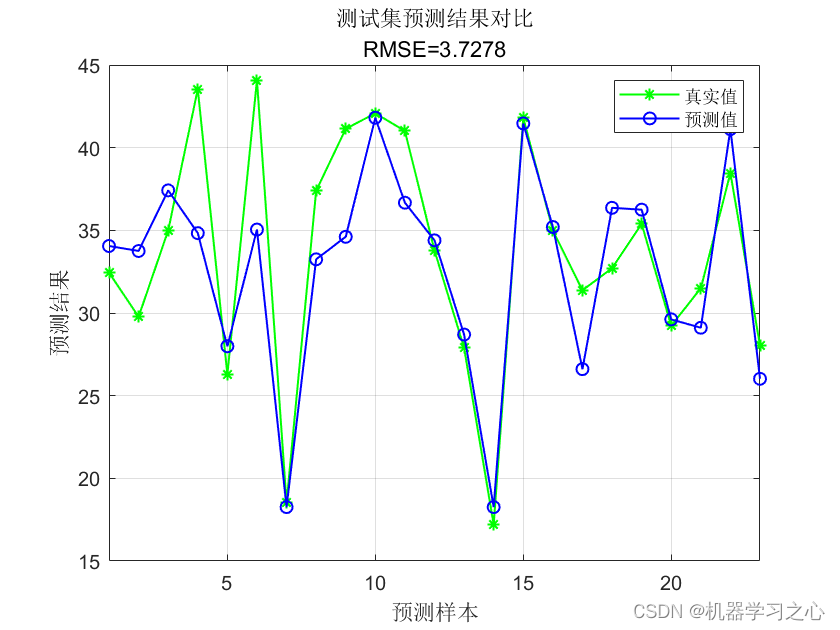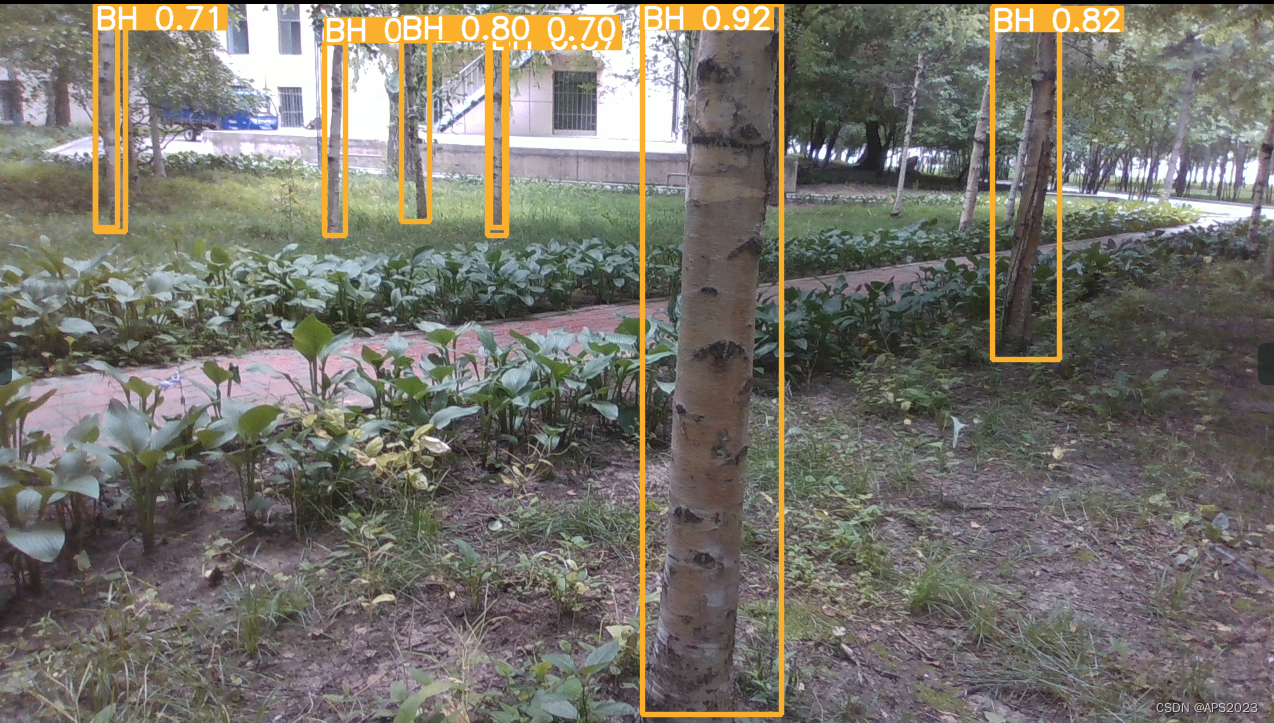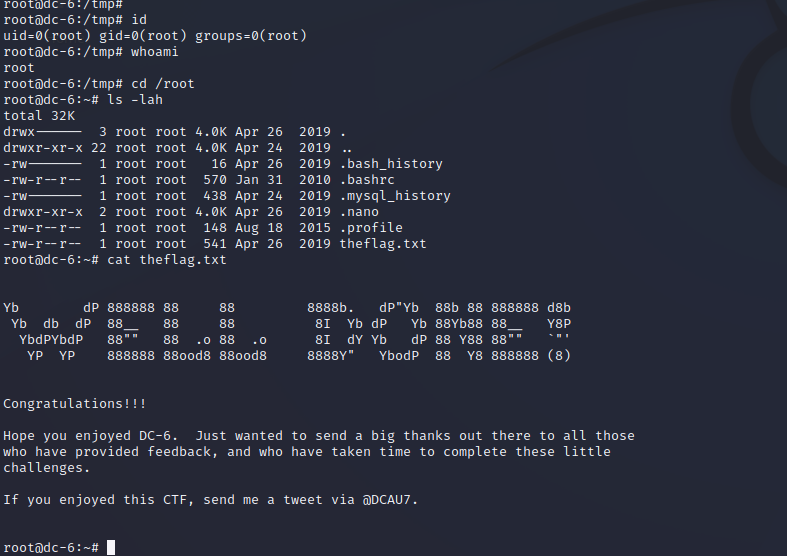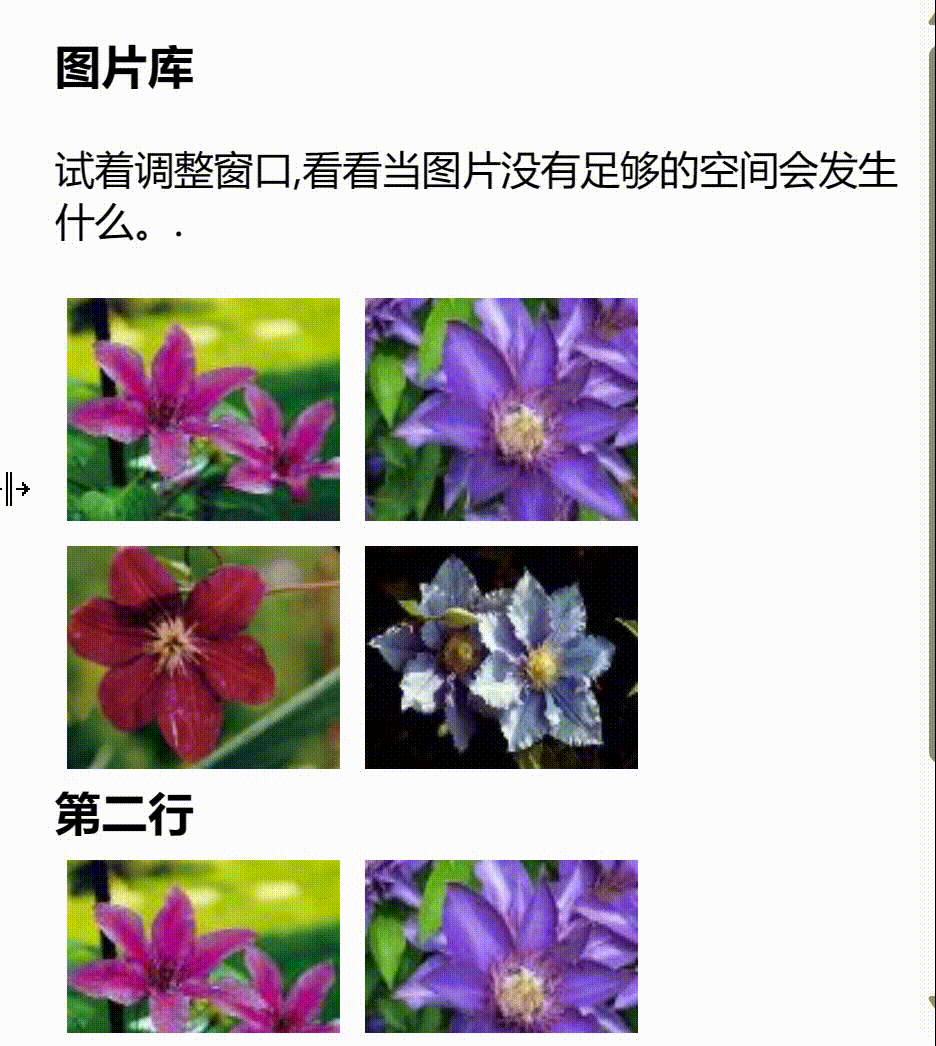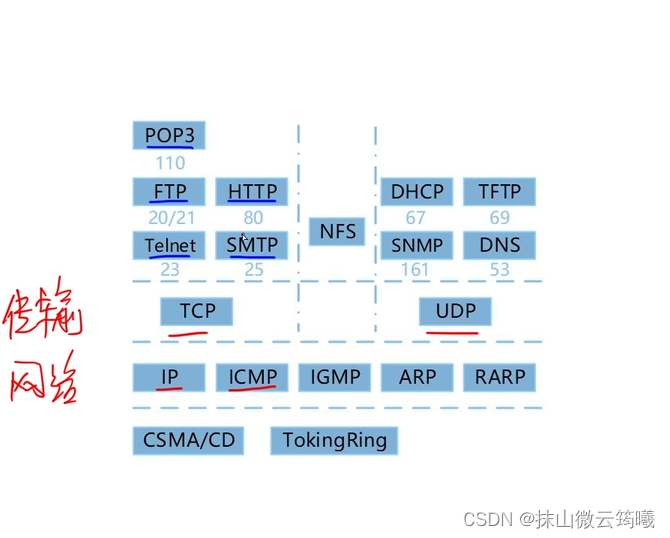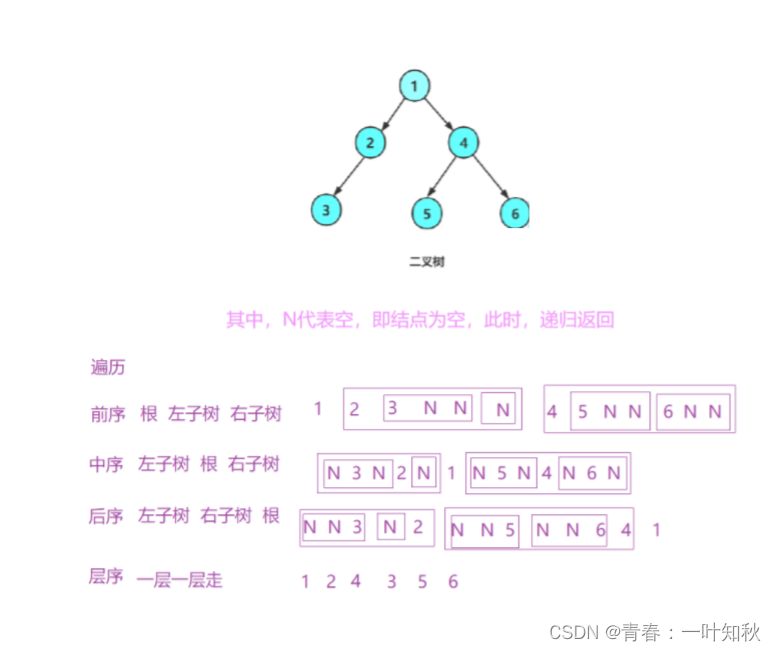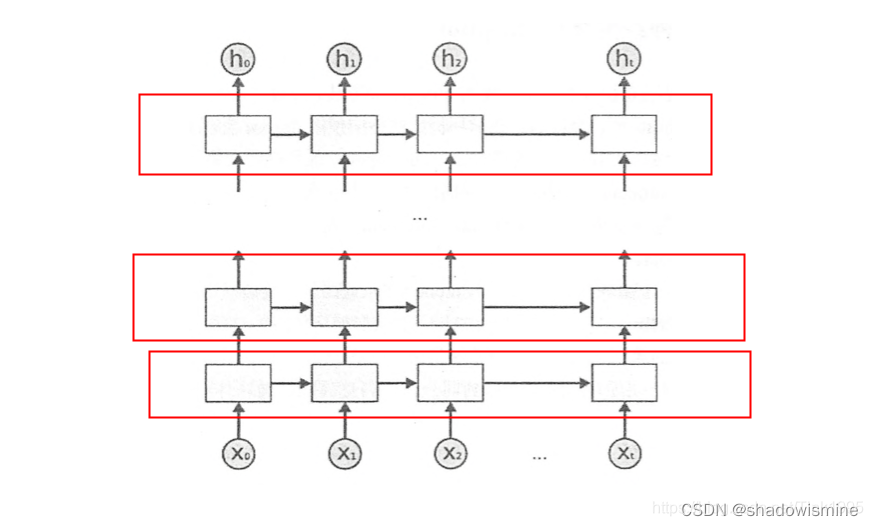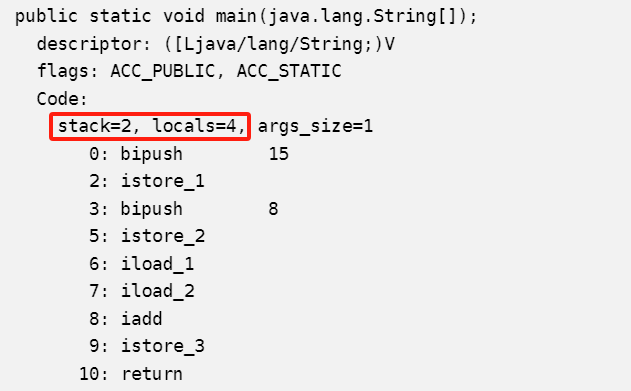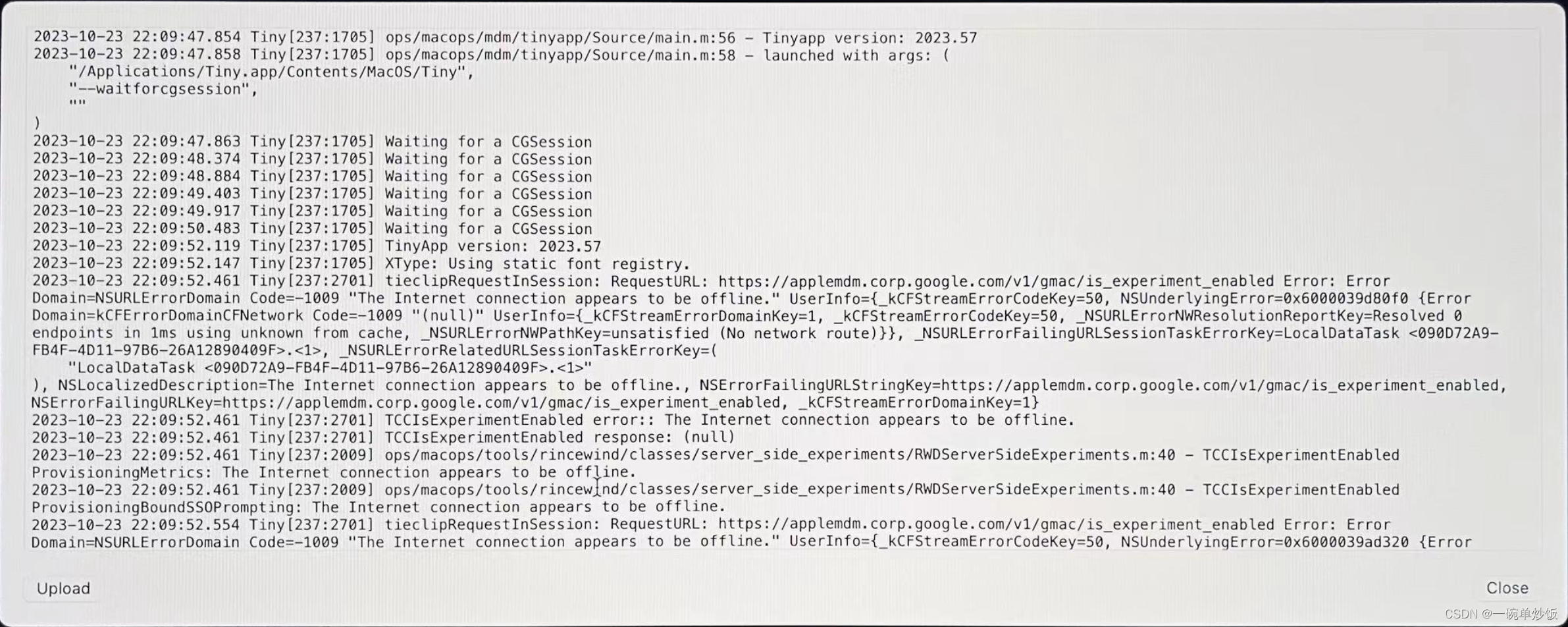前言
spring项目中可以使用springfox或者springdoc,通过写注解的方式生成swagger文档,下面介绍一种不写注解,动态生成swagger文档的方式,在某些场景会适用,例如接口是动态生成的,此时swagger就不能通过注解来生成了。
一、定义swagger模板
通过观察一个swagger文档的openapi结构,将其中需要动态替换的部分写成变量,生成freemaker的ftl模板。
通过点击swagger图示链接可以查看openapi的json结构。
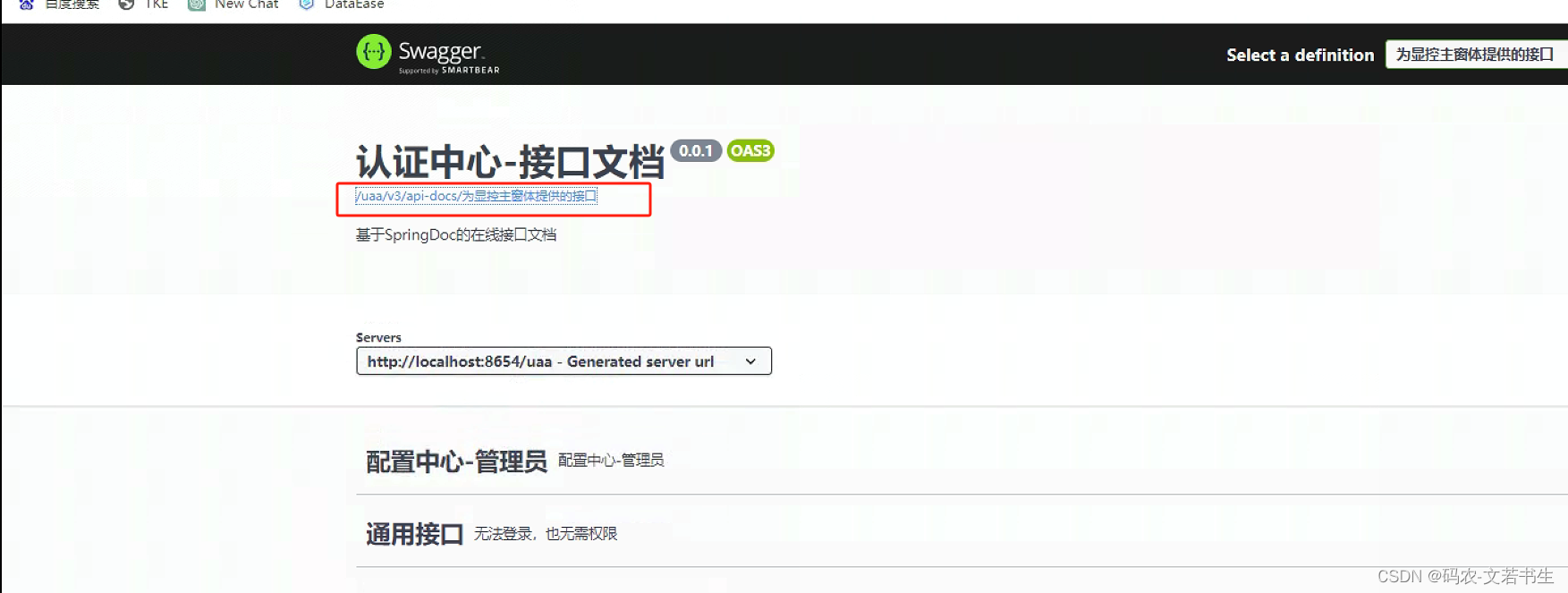
修改一个json结构,生成一个ftl模板,将模板放在springboot项目的resources/static/data-service-swagger-templates下面
{
"openapi": "3.0.3",
"info": {
"title": "通用查询-[${interfaceName}]接口",
"description": "通用查询接口",
"version": "0.0.1"
},
"servers": [{
"url": "${dataServicePrefix}",
"description": "Generated server url"
}],
"security": [{
"secretHeader": []
}],
"paths": {
"${url}": {
"post": {
"tags": ["数据服务-通用查询接口"],
"summary": "通用查询接口",
"description": "通用查询接口,请求体采用统一数据结构",
"operationId": "getData2UsingPOST",
"requestBody": {
"content": {
"application/json": {
"schema": {
"$ref": "#/components/schemas/DmoRequest"
}
}
}
},
"responses": {
"200": {
"description": "OK",
"content": {
"*/*": {
"schema": {
"$ref": "#/components/schemas/ResponseEntity"
}
}
}
},
"201": {
"description": "Created"
},
"401": {
"description": "Unauthorized"
},
"403": {
"description": "Forbidden"
},
"404": {
"description": "Not Found"
}
}
}
}
},
"components": {
"schemas": {
"ResponseEntity": {
"title": "ResponseEntity",
"type": "object",
"properties": {
"desc": {
"type": "string",
"description": "错误详细描述"
},
"message": {
"type": "string",
"description": "如果为非200的返回,可以将此message提示给用户"
},
"requestURL": {
"type": "string"
},
"stackTrace": {
"type": "string",
"description": "后端的异常栈信息,如果过长,只截取前面一部分"
},
"status": {
"type": "integer",
"description": "200:正常;401:未登陆;403:没有权限;400:请求参数校验失败;500:服务器内部错误",
"format": "int32"
},
"tookInMillis": {
"type": "integer",
"description": "请求耗时",
"format": "int64"
},
"value": {
"type": "object"
}
}
},
"DmoRequest": {
"title": "DmoRequest",
"type": "object",
"properties": {
"fulltextNode": {
"$ref": "#/components/schemas/QueryNode"
},
"node": {
"$ref": "#/components/schemas/QueryNode"
},
"pageNumber": {
"type": "integer",
"description": "页码",
"format": "int32"
},
"pageSize": {
"type": "integer",
"description": "每页条数",
"format": "int32"
},
"showColumns": {
"uniqueItems": true,
"type": "array",
"items": {
"type": "string",
"description": "显示的列"
}
},
"sorts": {
"type": "array",
"items": {
"$ref": "#/components/schemas/DmoSort"
}
}
}
},
"QueryNode": {
"title": "QueryNode",
"type": "object",
"description": "查询条件",
"properties": {
"children": {
"type": "array",
"items": {
"$ref": "#/components/schemas/QueryNode"
}
},
"data": {
"$ref": "#/components/schemas/NodeData"
},
"type": {
"type": "string",
"description": "节点类型",
"enum": ["AND", "LEAF", "OR", "ROOT"]
}
}
},
"NodeData": {
"title": "NodeData",
"type": "object",
"description": "节点数据",
"properties": {
"operator": {
"type": "string",
"description": "操作符",
"enum": ["BETWEEN", "EQ", "EXISTS", "GE", "GT", "IN", "IS_NOT_NULL", "IS_NULL", "LE", "LIKE", "LT", "NE", "NOT_BETWEEN", "NOT_EXISTS", "NOT_IN", "NOT_LIKE", "PREFIX", "REGEXP"]
},
"param": {
"type": "string",
"description": "参数名称,一般对应表的列名"
},
"value": {
"type": "array",
"description": "参数值",
"items": {
"type": "object"
}
}
}
},
"DmoSort": {
"title": "DmoSort",
"type": "object",
"description": "排序",
"properties": {
"column": {
"type": "string",
"description": "列名"
},
"sortOrder": {
"type": "string",
"description": "排序方式",
"enum": ["ASC", "DESC"]
}
}
}
},
"securitySchemes": {
"secretHeader": {
"type": "apiKey",
"name": "Authorization",
"in": "header"
}
}
}
}
二、使用freemarker生成openapi的JSON结构
1.引入库
代码如下(示例):
<dependency>
<groupId>org.freemarker</groupId>
<artifactId>freemarker</artifactId>
<version>2.3.32</version>
</dependency>
2.生成json
下面的serviceInterface就是一个实体,可以自行定义
@ApiOperation(value = "获取openapi的JSON", notes = "获取openapi的JSON")
@GetMapping("/swagger-json/{id}")
public String getSwaggerJson(@ApiParam(value = "id") @PathVariable Integer id) throws BaseException {
ServiceInterface serviceInterface = getServiceInterface(id);
return getOpenApiJson(ServiceInterface serviceInterface, "test.ftl") ;
}
private String getOpenApiJson(ServiceInterface serviceInterface, String ftl) throws BaseException {
freemarker.template.Configuration configuration = new freemarker.template.Configuration(freemarker.template.Configuration.VERSION_2_3_0);
// 设置默认编码
configuration.setDefaultEncoding("utf-8");
//设置类加载器
configuration.setClassLoaderForTemplateLoading(this.getClass().getClassLoader(), "data-service-swagger-templates");
try {
// 生成模板对象
Template template = configuration.getTemplate(fileName);
TEMPLATE_CACHE.put(fileName, template);
} catch (Exception e) {
throw new BaseException(String.format("获取模版文件:[%s]出错", fileName), e);
}
Template template = getFltTemplate(ftl);
String dataServicePrefix = dataServiceProtocol + dataServiceUpstream;
Map<String, String> dataMap = new HashMap<>();
dataMap.put("interfaceName", serviceInterface.getServiceName());
dataMap.put("dataServicePrefix", dataServicePrefix);
dataMap.put("url", serviceInterface.getUrl());
StringWriter sw = new StringWriter();
try {
template.process(dataMap, sw);
return sw.toString();
} catch (Exception e) {
throw new BaseException("模板转换出错:" + e.getMessage(), e);
}
}
三、前端生成swagger示例
<!DOCTYPE html>
<html>
<head>
<title>数据服务接口文档</title>
<link rel="stylesheet" type="text/css" href="swagger-ui.css"/>
</head>
<body>
<div id="swagger-ui"></div>
<script src="swagger-ui-bundle.js"></script>
<script>
window.onload = function () {
SwaggerUIBundle({
// url: "http://localhost:14500/v3/api-docs", // 替换成您的OpenAPI规范的URL或文件路径
// url: "swagger-custom-select.json", // 替换成您的OpenAPI规范的URL或文件路径
url: "http://192.168.33.22:3282/dmo/service-interface/swagger-json/226", // 替换成您的OpenAPI规范的URL或文件路径
dom_id: "#swagger-ui",
deepLinking: true,
});
};
</script>
</body>
</html>
其中url 为第二步的接口
用到的css和js下载地址:https://blog.csdn.net/weixin_41085315/article/details/124965953
四、测试
